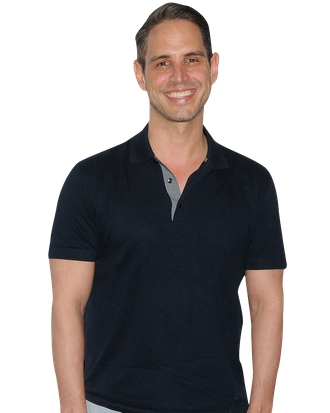
Finally, America has Supergirl. It’s been 40 years since TV had a female superheroine lead — the last was ABC’s Wonder Woman, from 1975–1979 — so there are plenty of gender-equality issues to catch up on. Monday’s pilot episode was full of relevancy. Take media mogul Cat Grant (Calista Flockhart), who admonishes her low-level assistant, Kara (a.k.a. Supergirl), to learn to take credit for her accomplishments, “or you’re gonna be at the bottom of the pile forever.”
Originally sent to Earth to protect her cousin Kal-El (the future Superman), Kara (Glee’s Melissa Benoist) got stuck in the Phantom Zone for 24 years. By the time she makes it to Earth, her baby cousin is already Superman, so she opts to ignore her own powers to have a “normal” life. That is, until she realizes: Who would want to ignore their superpowers?
Vulture spoke with executive producer Greg Berlanti, who co-created the show with his Arrow and The Flash team, about the show’s feminist flourishes and the supervillain twist at the end of last night’s pilot. Some spoilers ahead.
Why was it important for you to include feminist commentary and attitudes in this story?
It’s part of who she would be as a character. Kara’s life experience is going to be different because she is a woman, and that’s part of the story. She’s out in the world working, and we want to get at things like that, but in our way. Not in a preachy way.
Does that mean we’re going to hear about equal pay?
I’m sure it will come around. We certainly have asides to it and stuff. We haven’t dealt with it directly yet, but I’m sure we will. There’s an episode early on where we deal with Kara’s rage and anger and why is it okay for a man to yell and scream in a workplace, but if a woman does it, she’s called nuts. Kara lives in the world we live in.
Arrow, The Flash, and Supergirl are not straight-up genre shows. There’s a lot of heart and emotion. How challenging is it to juggle all of those elements?
We’re breaking the stories in the same way that we used to break Everwood or Brothers & Sisters. We are telling stories about the emotional lives of these characters. It just so happens that when we get to where two characters would verbally fight before, or catch someone in an affair, they are actually now fighting a lot of times. And we’re coming up with setpieces and action that hopefully personify something about the characters. But we drive toward the same emotional moments we always have. What it means is you get some episodes that had the best of intentions, but don’t work so well because you’ve got so many things stirring in the pot. But when it all does work and fires on all cylinders, I think it’s a nice surprise for the audience because they’re not just getting the character drama, they’re also getting the spectacle.
What other DC Comics characters will we see?
In Supergirl, we have DC antagonist Toyman. He is the father of Winn Schott. We also have Livewire coming up, and Reactron and Non. We have our own twist on that character and an origin story for him. In middle of the year, Wally West will be heading over to Flash.
Who are you most excited about?
Oh, gosh. I really am a fan of each of them. Sometimes it’s only after the fact, when I watch the episodes and they are complete, that I realize which one my heart leans toward. The Flash was always my favorite character as a kid, but I am a fan of all of them.
You added a twist at the end of the pilot that’s not part of the original mythology. The mother’s evil twin is alive! Why?
With each of these shows, we create different elements and characters. We added Joe West (Jesse L. Martin) in Flash, added John Diggle (David Ramsey) in Arrow. In this, we also added Chyler Leigh’s character of Alex Danvers. If people think that twist is interesting, they should come back for the second episode, because we continue that narrative then. That’s all I will say about that.




